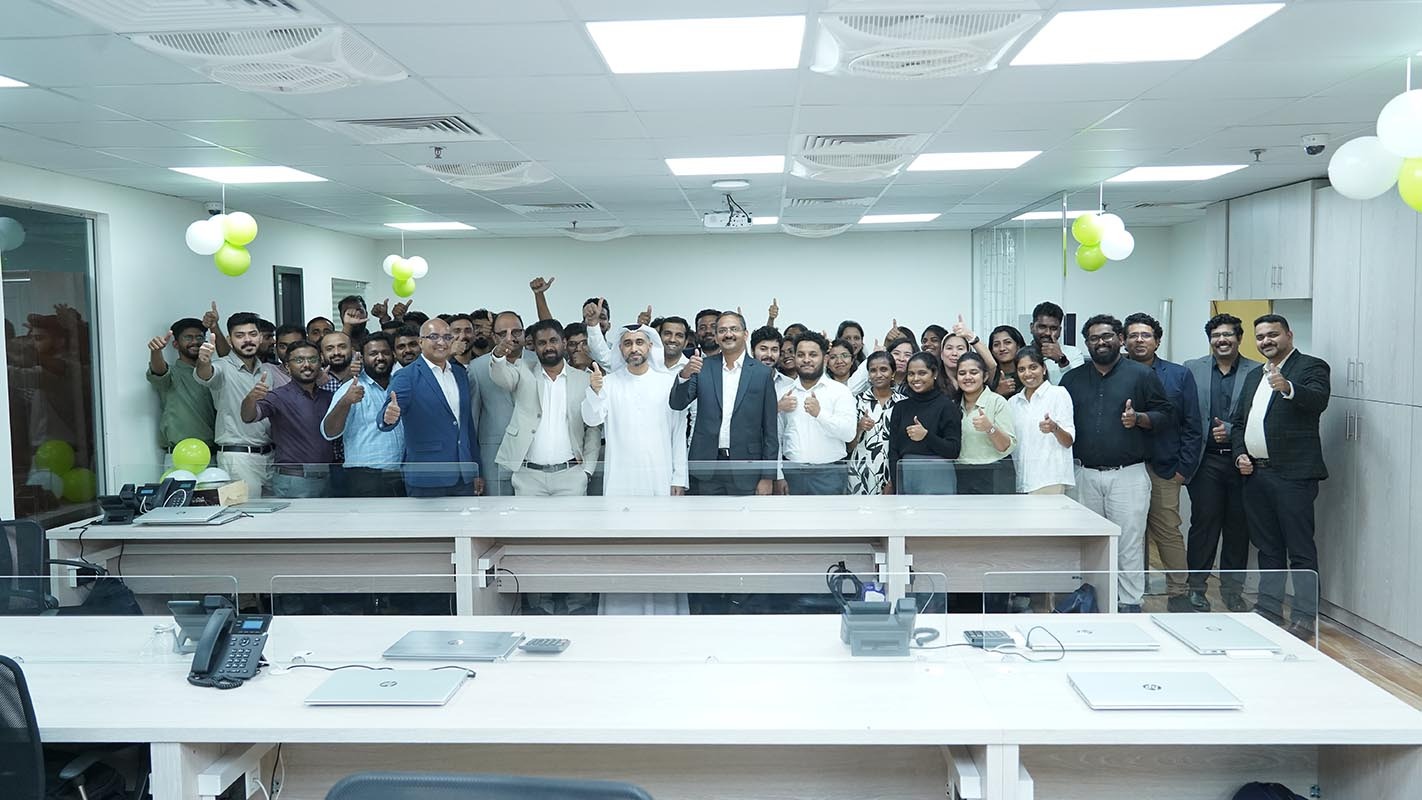During the COVID-19 crisis and oil price slump, the UAE are spending tens of billions on supporting their economies, but the scaling back of state projects is counteracting the impact. Due to the downfall of the world economy and global travel disturbances and the lockdown of most public venues, the pain is felt by the tourism, retail, logistics and hospitality sectors spreading to the contracting and oil industries in the largest economies of the Arab world.
Impact on Businesses
Here are some of the sectors which are majorly affected due to coronavirus.
Travel and Tourism
Air transport is a significant source of revenue for the UAE, being home to Emirates, the largest long-haul airline in the world, as well as a hub for other major regional airlines such as Etihad Airways and Air Arabia. According to the International Air Transport Association’s survey, air travel accounted for $19.3 billion, or around 5 per cent of last year’s UAE GDP. Throughout 2018, the World Travel and Tourism Council had more than 11 per cent of UAE’s GDP throughout travel and tourism.
All airlines will have to face cancellations as further flight restrictions come into force. With global travel almost sure to be severely disrupted well into the second quarter of 2020, this is undoubtedly a crucial part of the UAE Ministry of Economy that will take a hit. Shares in Air Arabia dropped to 1.08AED lows during Monday’s trading session before marginally rising in the next few days. They are down more than 30 per cent year-to-date at the moment.
Oil
Recently, following the collapse of negotiations between OPEC members, the UAE joined the fray of the oil price war involving Saudi Arabia and Russia. The coronavirus has considerably worsened an industry’s demand shock, which is already struggling with a global slowdown. The policy now seems to have changed from sustaining a given price level through production cuts to fighting for market share with producers like the US and Canada who can’t profitably harvest at those lower rates.
Gold
As a regional centre for gold trading gold in raw, semi-manufactured and jewellery form is very significant to foreign trade in UAE. Unwrought gold was the largest imported commodity in the UAE. in 2018, with exports of raw and semi-worked gold contributing to over 25 per cent of its exports.
Indian families account for the world’s most massive private-owned gold hoards, even more than the Royal Saudi family. As gold moves higher and the rupee falls, the 3.5 million Indian migrants in the UAE, who comprise about 27 per cent of the total population of the country, are far more likely to send their money home, rather than buying gold jewellery as they are usually known to do.
Construction
With the temporary ban of the issuance of new labour permits – except intra-corporate transfers and job permits for Expo 2020, along with the recent introduction of flight and cross-board travel restrictions, it is highly likely that the construction industry in the UAE will face short and medium-term problems in terms of recruitment and movement or relocation of employees for both on- and off-site roles.
Look at some of the measures businesses of all shapes and sizes can take to shield themselves from long-term economic damage. Here are five measures suggested by the report for economic growth and stability of a company.
Secure Your Workers
The Center for Disease Control and Prevention (CDC) and the World Health Organization periodically change their recommendations. Businesses should ensure that these are practised and that workers are aware of them. Also, limiting contact and non-essential travel where possible.
Build a Team With a Cross-Functional Response
Companies should build up a dedicated team to maintain a clear but well-managed set of processes that optimise employees and clients’ health and safety. A CEO or someone at a similar senior level should be heading this team. Unit emphasis can be broken down into five different workflows:
- Supply chain monitoring
- Any other business
- Employee management and wellbeing
- Marketing and sales
- Financial stress-testing and contingency planning
For each of these workstreams, precise expectations should be outlined on a 48-hour and one-week moving schedule. It is essential to create minimum viable goods, with an event calendar and milestones that actively look six weeks ahead. Take the help of third-party consulting firms for the proper management of your operating processes.
Smooth up The Supply Chain
Geographic areas with high rates of community change, supplier factoring and inventory levels should be identified. Businesses should shift their focus to pre-booking rail and air freight capacity and use the after-sales stock as a barrier to stabilise the supply chain effectively. Companies should aim to prepare more carefully for customer demand and make their supply chain more robust for longer-term stabilisation.
Forecast Cash Flow and Boost Liquidity
Survival of the company depends on solving financial / liquidity problems during this crisis. Develop a 13-week cash flow model to analyse possible outcomes, including worst-case scenarios, which can be stress-tested. Here, after you must perform a careful analysis of fixed and variable costs. At the same time, exploit any opportunity to optimise cash inflow by providing cash discounts to consumers and clients who pay faster.
You want to make what you’ve got last longer, too. To help, reschedule where for outstanding expenses you can go towards a more extended payment period. And go with your vendors to the bargaining table, keeping in mind that many of them face the same problems as you are.
Live Close to Clients
In the near term, companies would need to make a concerted effort to keep consumers interested and satisfied. Planning the inventory, discounts, and promotional deals can all further incentivise existing customers. Companies should start evaluating and targeting other market segments for longer-term stabilisation and locate growth opportunities.
Make The Best of The Worst Situation
Are you thinking of starting up a company in the UAE or looking for any financial services?
You can use this time to plan for your business or else analyse your financial statements. Our experts can reach you through video call and help you in financial activities. We are a reputed and well-known auditing firm in the United Arab Emirates with head office in Dubai and branch offices in Abu Dhabi, Jebel Ali, Sharjah, and SAIF Zone. We use a data-driven and analytical approach to understand the complexities in setting up a business and propose necessary services to entrepreneurs like you. JAXA experts have more than 15 years of experience in this sector. If you are seeking for more information about the JAXA services, Contact Us. We’re glad to be involved.





